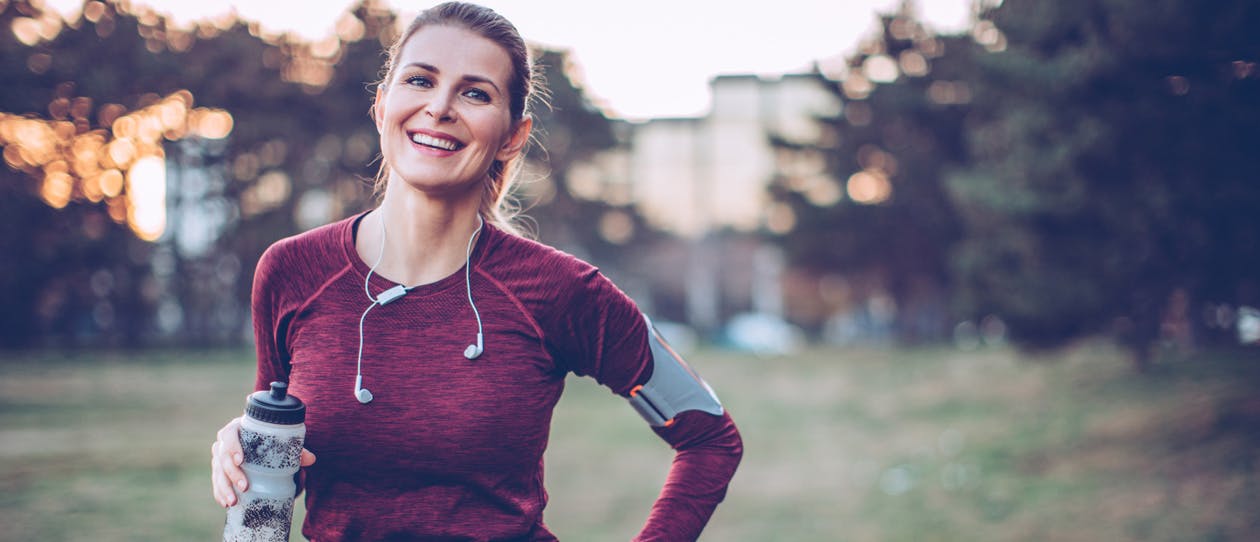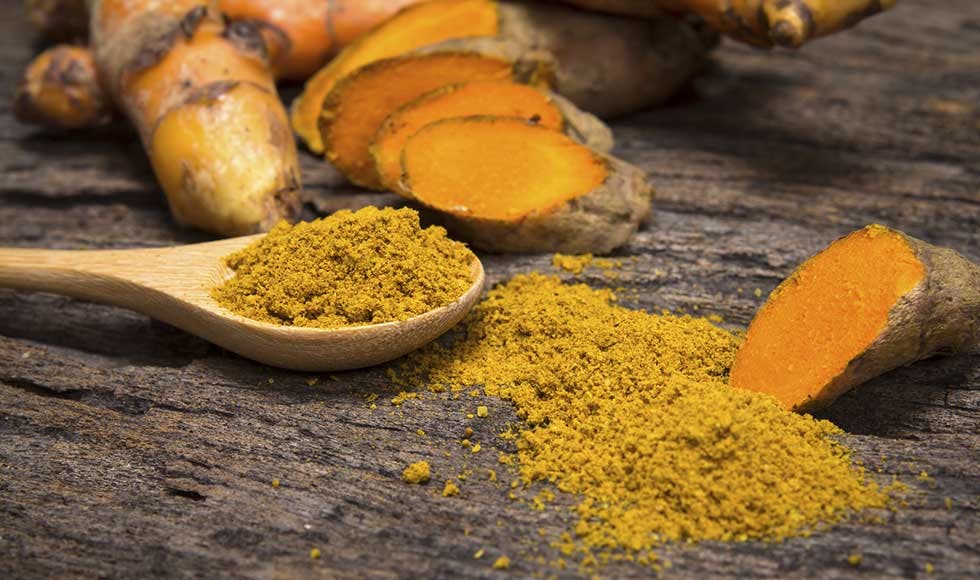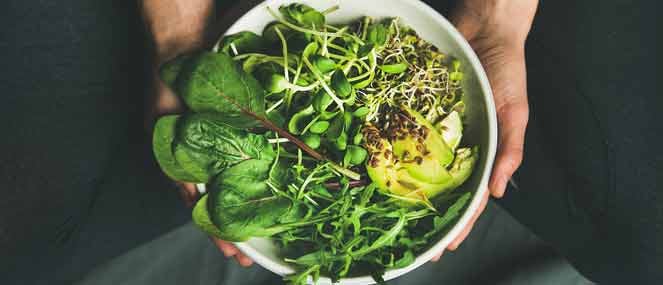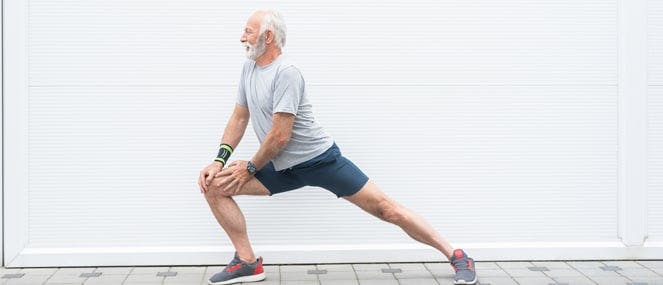As we age, one of the most important areas of our body that we need to maintain is bone health.
The risk of osteoporosis rises once women reach menopause as the production of oestrogen decreases. For men, the later years of life also leaves them at risk of developing this condition, characterised by fragile, brittle bones.
Calcium
Calcium is the most abundant mineral in the body, and 99 per cent of it is contained in our bones. When bones lose minerals such as calcium, quicker than it can be replaced, bone density is reduced and the risk of developing osteoporosis rises.
Increase your calcium intake by including plenty of the following foods in your diet:
- Low-fat dairy products
- Dark green leafy vegetables
- Sesame seeds
- Salmon
Alcohol and caffeine should be consumed in moderation as they will increase calcium excretion.
Vitamin D
Nicknamed the ‘sunshine vitamin', vitamin D plays an integral role in keeping bones at their best.
Vitamin D is manufactured in the skin through the action of sunlight. Its most important role is maintaining blood levels of calcium, by increasing absorption of calcium from food and reducing urinary calcium loss. This helps to keep calcium in the body, sparing the calcium that is stored in bones.
Vitamin D has the added benefit of helping to improve muscle strength in the elderly. This can reduce the incidence of falls, in turn reducing the risk of fractures.
Food sources of this vital nutrient include oily fish such as salmon and mackerel, as well as cod liver oil and egg yolks.
However, adequate exposure to the sun is the best way to ensure that we get our daily dose of vitamin D. As we age, the skin's ability to produce vitamin D decreases and we require more exposure to sunlight. Spending 10 to 15 minutes in the sun outside of peak UV times most days is recommended.
Bone-building exercise
Regular exercise and resistance training (training with weights) are important to maintain healthy bones. Weight-bearing aerobic activities, involving the bones supporting body weight, have been shown to have a positive effect in maintaining and increasing bone mass and preventing osteoporosis.
Exercise will also improve muscle strength, which helps to support the joints and prevent falls.
Bone-building activities to enjoy include jogging, hiking, dancing, tennis and any other activity where your muscles are working against gravity.
Exercise + Antioxidants = Strong Healthy Bones
A study from Canada suggests that a combination of antioxidant supplements and resistance training may protect against bone loss in postmenopausal women.
And another study from the US reported that an increased intake of carotenoids was associated with some level of protection against losses in bone mineral density.
Source:
Nutraingredients.com-usa.com by Stephen Daniells, 19 June 2009
References available on request






